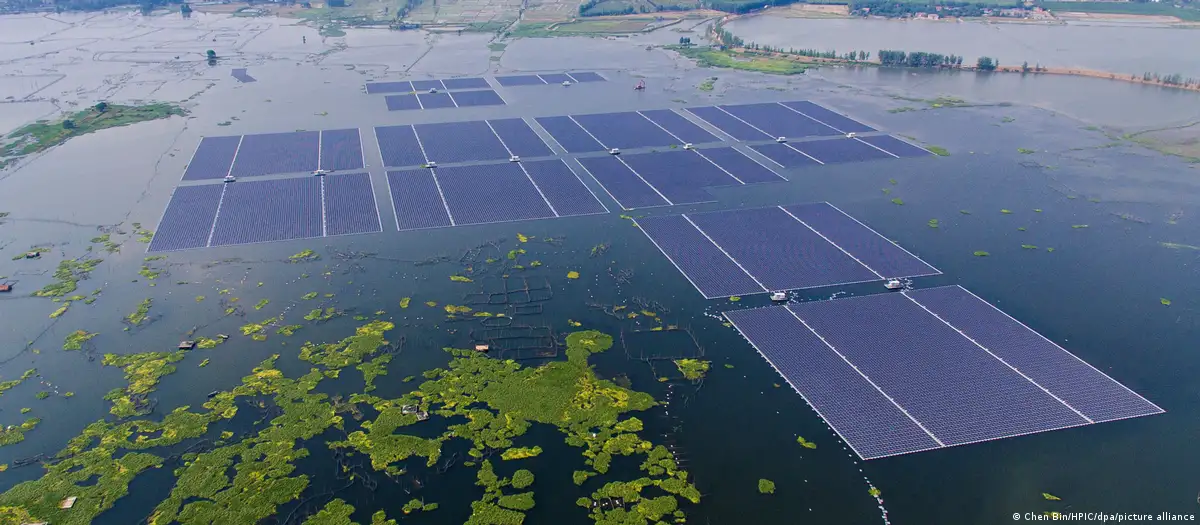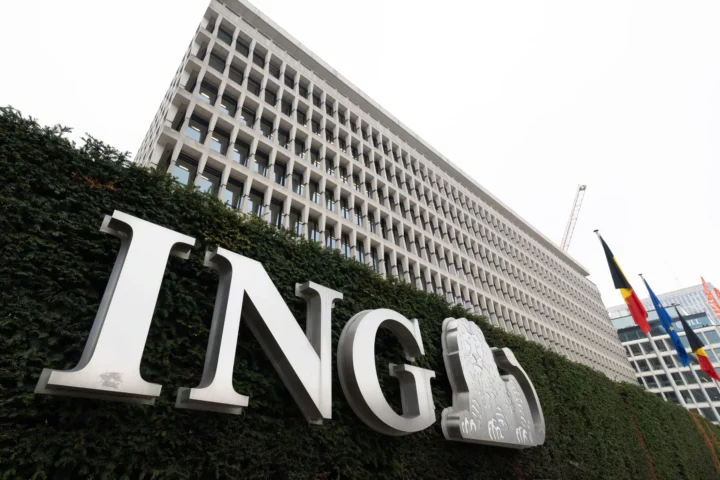According to the International Energy Agency (IEA), more money is being invested in solar power than in all other sources of electricity combined.
Global investment in clean energy will reach $2 trillion (€1.84 trillion) this year, twice the amount invested in fossil fuels, according to the International Energy Agency (IEA).
“For every dollar going to fossil fuels today, almost two dollars are invested in clean energy,” said IEA Executive Director Fatih Birol.
Clean technologies include renewables, electric vehicles, nuclear power, grids, storage, low-emissions fuels, efficiency improvements and heat pumps.
Meanwhile, total energy investment is expected to exceed $3 trillion for the first time in 2024, the agency said in its annual World Energy Investment report.
In 2023, combined investment in renewable electricity and grids surpassed the amount spent on fossil fuels for the first time.
Solar investment surpasses other forms of energy
According to the report, more money is going into solar photovoltaic (PV) panels than all other electricity generation technologies combined.
Solar panel costs have decreased by 30% over the past two years and in 2024 “investment in solar PV is set to grow to $500 billion as falling module prices spur new investments.”
China is set to account for the largest share of clean energy investment in 2024 with an estimated $675 billion, while Europe is set to account for $370 billion and the United States $315 billion.
Lack of investment in some regions
By comparison, global upstream oil and gas investment is expected to increase by 7% to $570 billion in 2024, following a similar increase in 2023.
National oil companies in the Middle East and Asia have been the main drivers of this growth, the report said.
The IEA warned that meeting medium-term global targets to reduce harmful carbon emissions would require a doubling of global investment in renewable energy by 2030.
However, there are still energy investment shortfalls in parts of the world, such as emerging markets and developing economies outside China, the agency added.
The IEA warned that prohibitively high costs were causing “major imbalances and shortfalls in energy investment flows in many parts of the world.”








